Besides delivering world-class brews, Hong Kong’s specialty coffee shops also serve as platforms for storytelling, fostering inclusivity and forging connections. Faye Bradley reports.
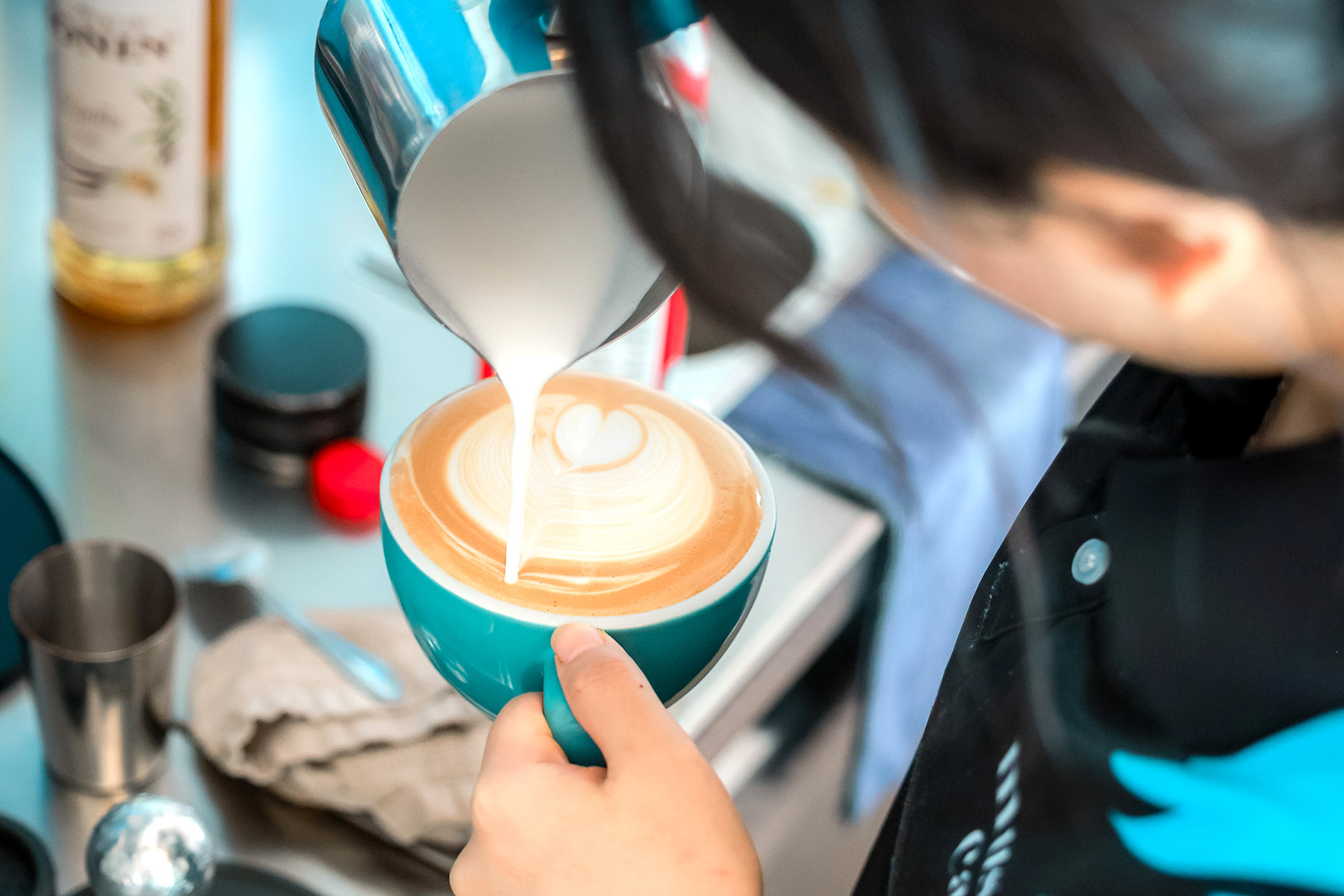
In February, Hong Kong’s Espresso Alchemy claimed the 43rd position on the World’s 100 Best Coffee Shops list. It’s the first coffee shop in Chinese territory to make it to the top 50 in the list released by CoffeeFest — a Washington-based business resource and networking platform for the specialty coffee industry. The scores were based on public votes as well as marks awarded by industry experts from around the world, which indicates Hong Kong’s rising stature on the world’s specialty coffee map.
The city seems to be in the throes of a specialty coffee boom. It is not uncommon to find micro roasters operating out of tiny nooks in industrial buildings or people ditching corporate jobs to put on a barista’s apron and run a startup.
READ MORE: Catching the third wave
Dozens of new cafes have opened across the city in recent months. They come in all manner of shapes and forms — from Blue Bottle Coffee’s expansive new location in Tung Chung to tiny establishments like Grandma’s Coffee in Wan Chai. Singapore’s Common Man Coffee Roasters debuted in Tsim Sha Tsui in November, followed by a sleek new outpost of Japanese coffee brand Arabica in Terminal 1 of Hong Kong International Airport.
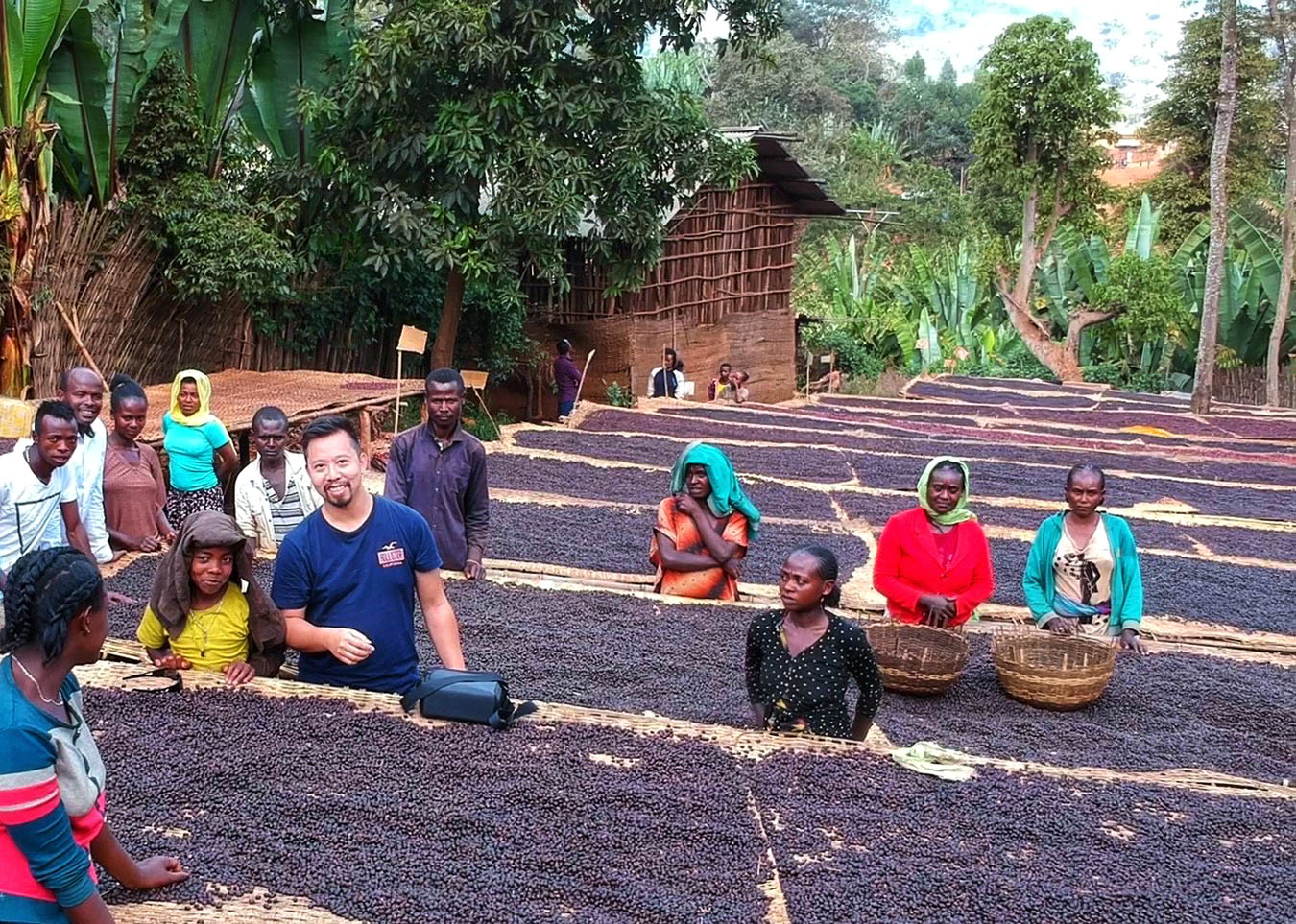
A vibrant subculture
Just a decade ago, though, there were far fewer specialty coffee shops in Hong Kong and they didn’t enjoy the visibility they have now.
Allan Guan was fascinated by Melbourne’s coffee culture when he was living in the Australian city, but after moving back to Hong Kong in 2013, he was surprised by the variety, and authenticity, of coffee flavors that his hometown had to offer. “There was this vibrant, almost underground, scene — passionate microroasters, baristas with obsessive attention to detail, tucked away in corners all over the city,” he says.
Guan had uncovered a tightly knit subculture of people who brewed and drank coffee by the book. They include roasters working in shared industrial spaces, those trying to establish direct-trade relationships with farms, creative coffee menu designers and purists keen on single-origin sourcing of coffee beans. Many of them gave up corporate jobs to embrace a path less certain.
“They don’t just roast coffee beans,” Guan says. “They tell stories.”
Guan’s own contribution to Hong Kong’s specialty coffee ecosystem was to start Coffee and Tales — pitched as Asia’s leading coffee subscription service, featuring top artisan roasters from across the region.
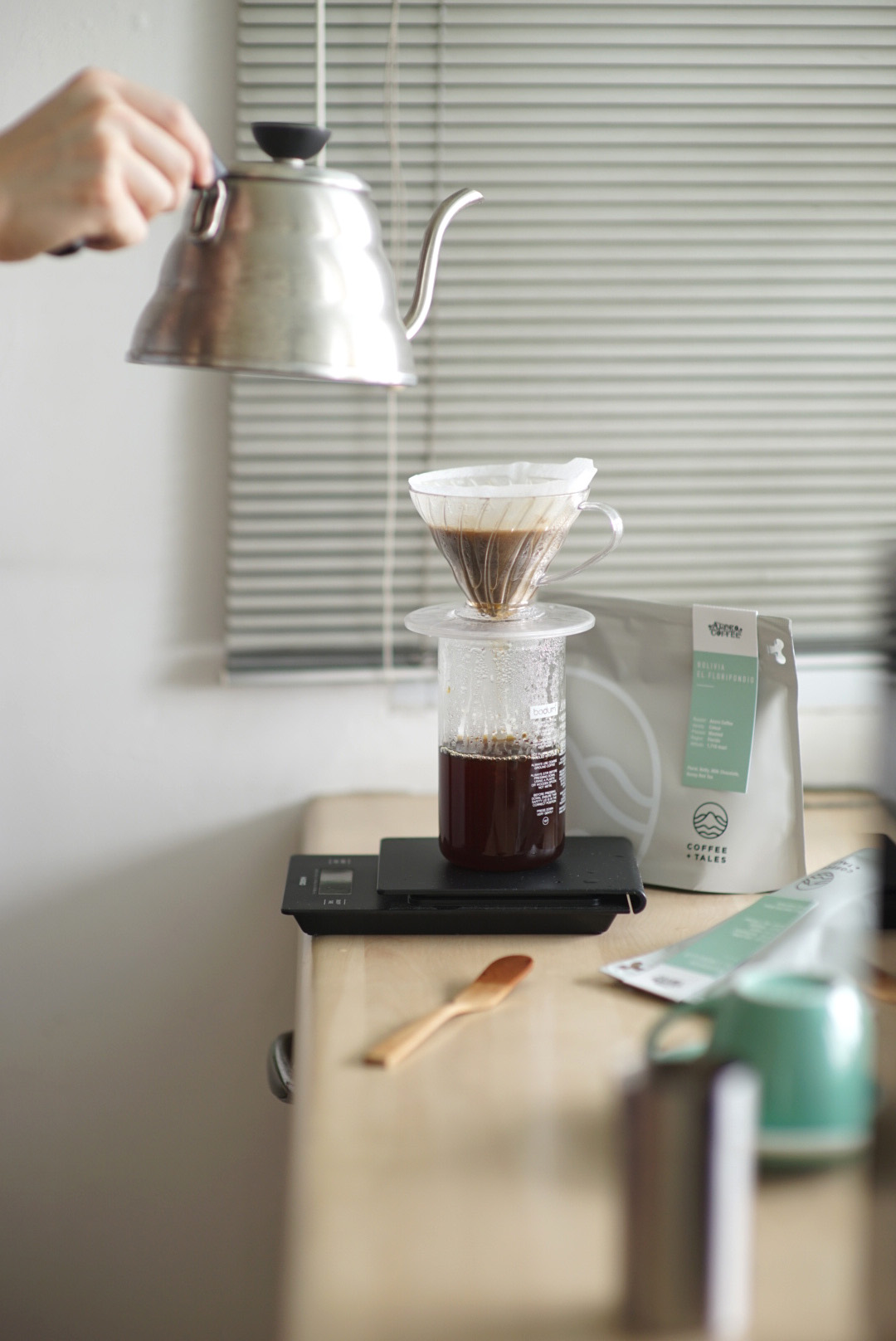
Diversity of flavors
While cities like Tokyo and Melbourne have longer histories of engaging with specialty coffee culture, Hong Kong scores in terms of the sheer variety on offer. Some cafes, like Fikafabriken in Sai Ying Pun, reflect Nordic ethos — serving lightly roasted brews with minimalist interior decoration. Others, like Fineprint on Peel Street, Tai Hang and Sai Ying Pun, take inspiration from Sydney, favoring bold espresso flavors, brunch menus and a hipster image. Still others, like Phoenix Coffee Roastery, are staunch believers in regional pride, sourcing coffee beans from Yunnan province, or from Vietnam.
For every thriving specialty coffee outlet in the city, there’s another one struggling to survive. Guan points out that roasteries operate under restrictions in certain Hong Kong neighborhoods. Prohibitive rents have forced many specialty coffee makers to either share space with a bar or sell their products online.
Small independent establishments were badly hit during the COVID-19 pandemic, and many of them are yet to see sales matching pre-pandemic levels. “You have to be incredibly resilient to run a cafe in Hong Kong,” Guan says. “There’s so much volatility.”
And yet, he says, cafes are often sustained by human connections. “When we host cupping sessions or tasting events, people show up not just to sip coffee, but to learn and connect with others. That’s what makes this city special.”
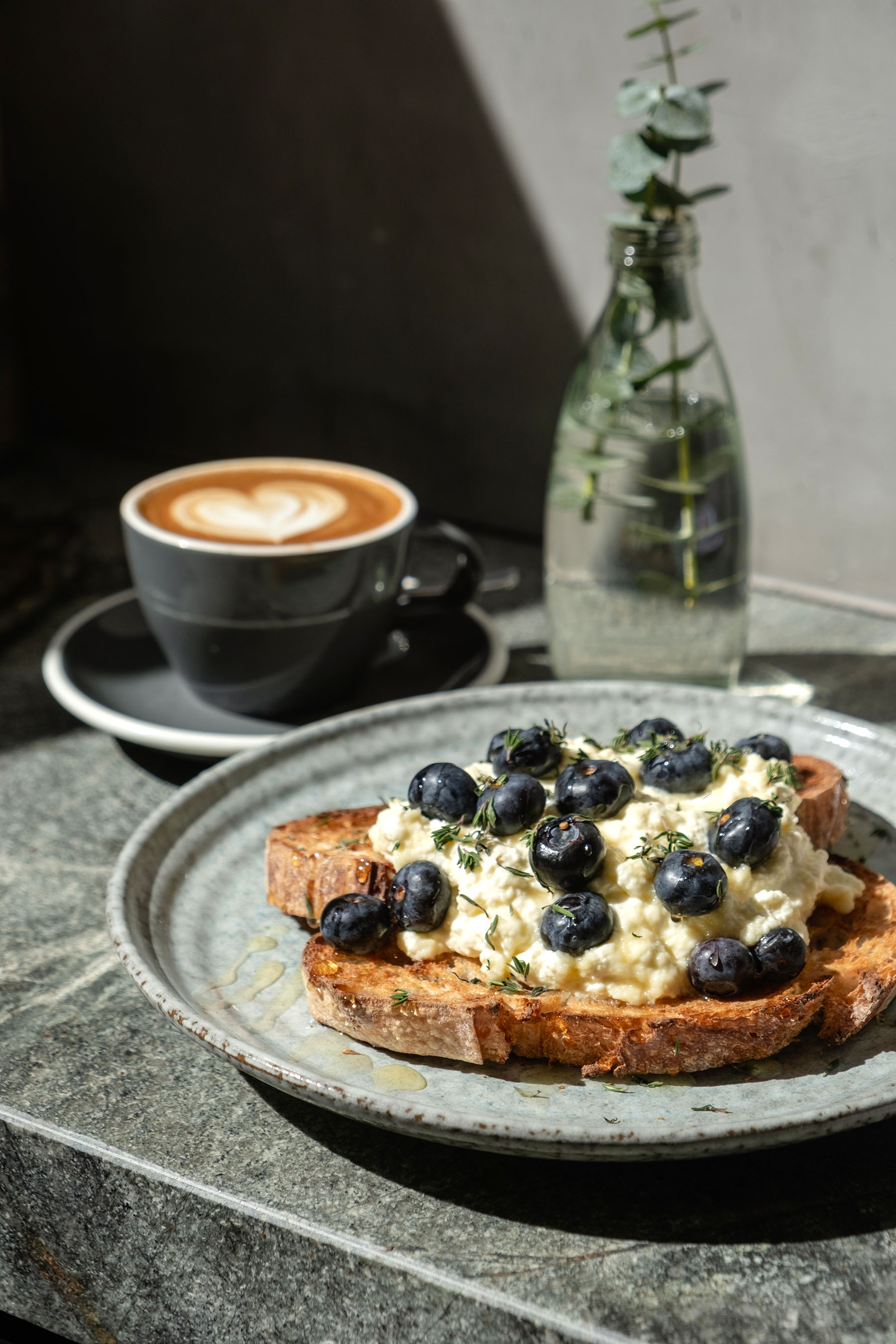
Inclusive enterprises
Hong Kong’s inclusive spirit and appetite for empathy have inspired a growing wave of socially conscious cafes.
Museum Café 8, run by the Nesbitt Centre, employs individuals with learning disabilities. Melody De Leon, who manages the cafe, says, “Our staff members arrive early and wait outside even before our doors open. For them, this is more than just a job. It’s about dignity.”
Greig Carruthers, an assistant at the cafe, has spent nearly a decade working at the Nesbitt Centre’s different outposts. “I want to stay here forever,” he says with a wide smile. “Here I feel useful and respected.”
New employees joining the cafe are given a choice in terms of the skills they are interested in acquiring and encouraged to learn at their own pace. “Some start by clearing tables,” says De Leon. “A few months later, they’re making sandwiches or pulling espresso shots.”
Quality control is strictly adhered to. “If you’re going to include neurodiverse staff, the quality of the coffee has to be as good as anywhere else,” says Surinder Punjya, executive director of the Nesbitt Centre. “You can’t ask people to support the mission unless the product holds up.”
The enterprise receives financial support via the Hong Kong Special Administrative Region government’s Enhancing Employment of People with Disabilities through Small Enterprise program. Punjya insists that doubts about the employability of disabled people are baseless. “Employers still fear that hiring disabled people might lead to workplace accidents, but these concerns are largely unfounded,” he says. “In reality, neurodivergent individuals often demonstrate extraordinary reliability and motivation — when given the chance.”
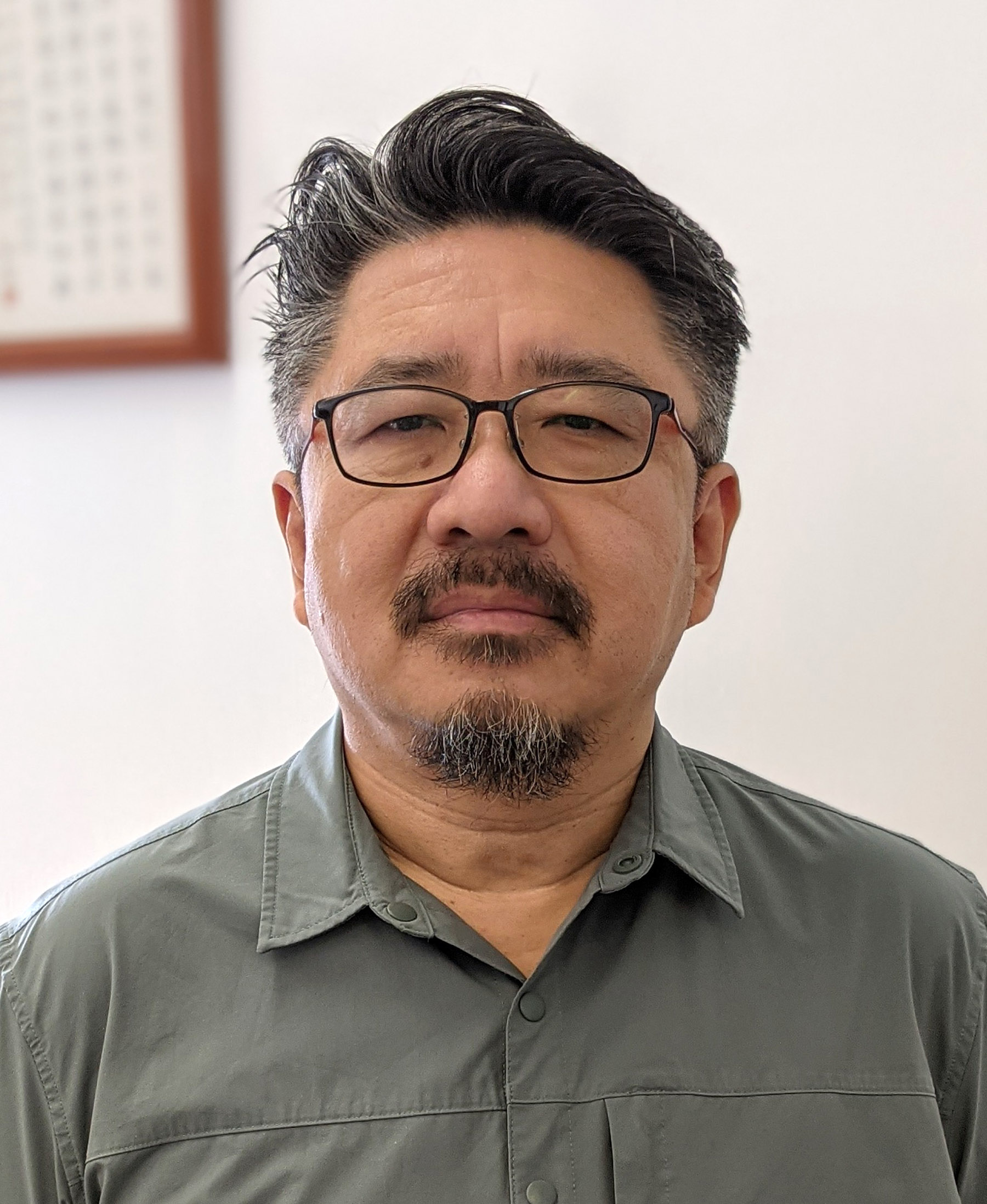
Open to experiments
Even as more people in Hong Kong warm up to its charms, specialty coffee remains a luxury for a large section of the city’s population. A cup of single-origin pour-over can easily cost HK$80 ($10.19) and above. For the more than 250 independent coffee shops in Hong Kong catering to a relatively limited clientele, the pressure to create unique and newer experiences is quite real.
Scottie Callaghan, who cofounded the Hong Kong cafe chain Fineprint in 2016, has watched the growth of the sector up close. “Thirteen years ago, there were maybe three cafes doing what we now call specialty coffee,” he says. “Now, there are hundreds. Some of the world’s best baristas — like Kapo Chiu and Dawn Chan, who’ve ranked in the World Barista Championships — are here.”
While it’s a given that Hong Kong doesn’t have the specialty coffee heritage to match that of Tokyo, Seoul or Taipei, some observers of the region’s coffee scene argue that the relative lack of history could be an advantage.
Sidney Cheung, professor and associate director of the Centre for Archaeology and Cultural Heritage Studies at the Chinese University of Hong Kong, believes “Hong Kong’s status as a coffee capital depends on its international image, which can be created and constructed for future development.”
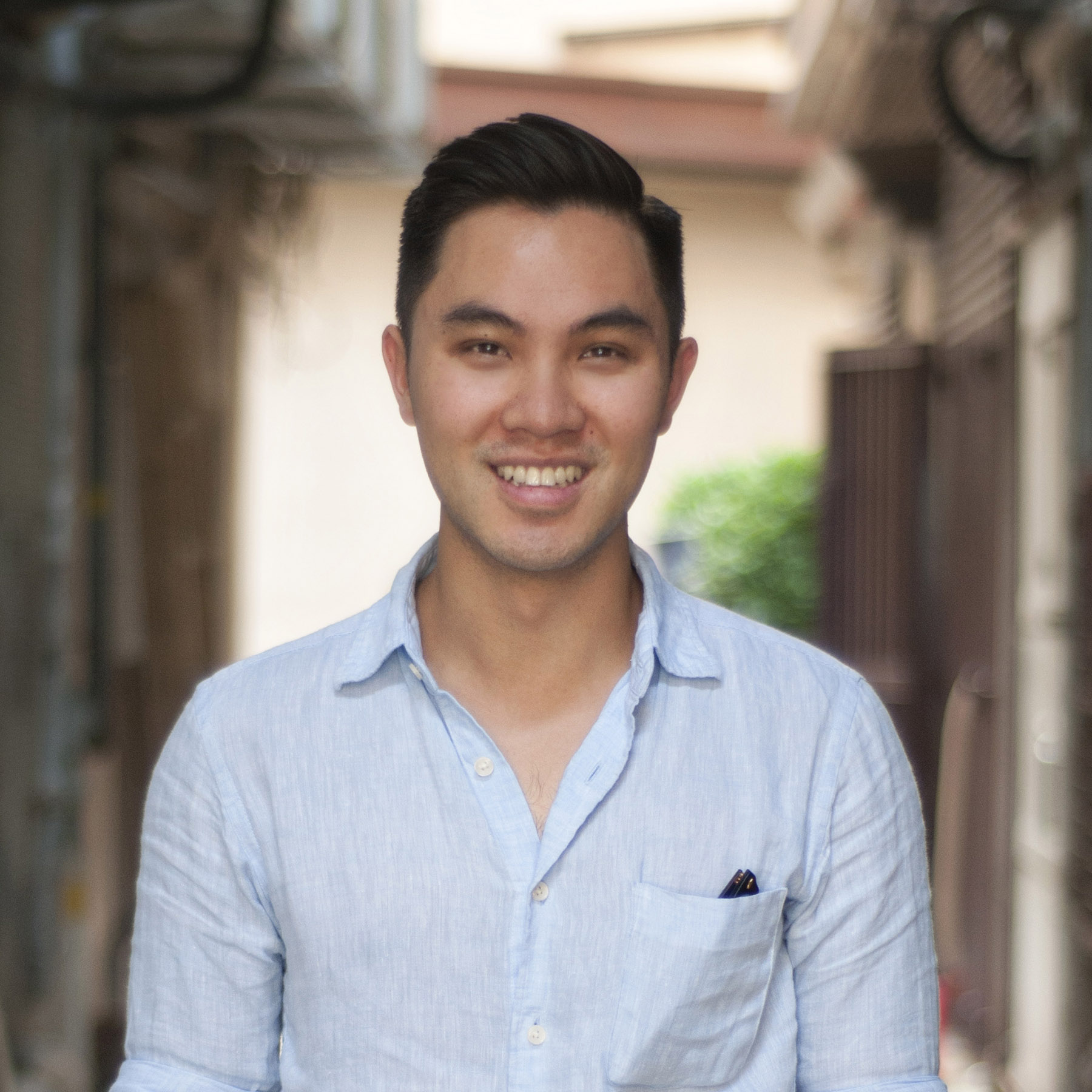
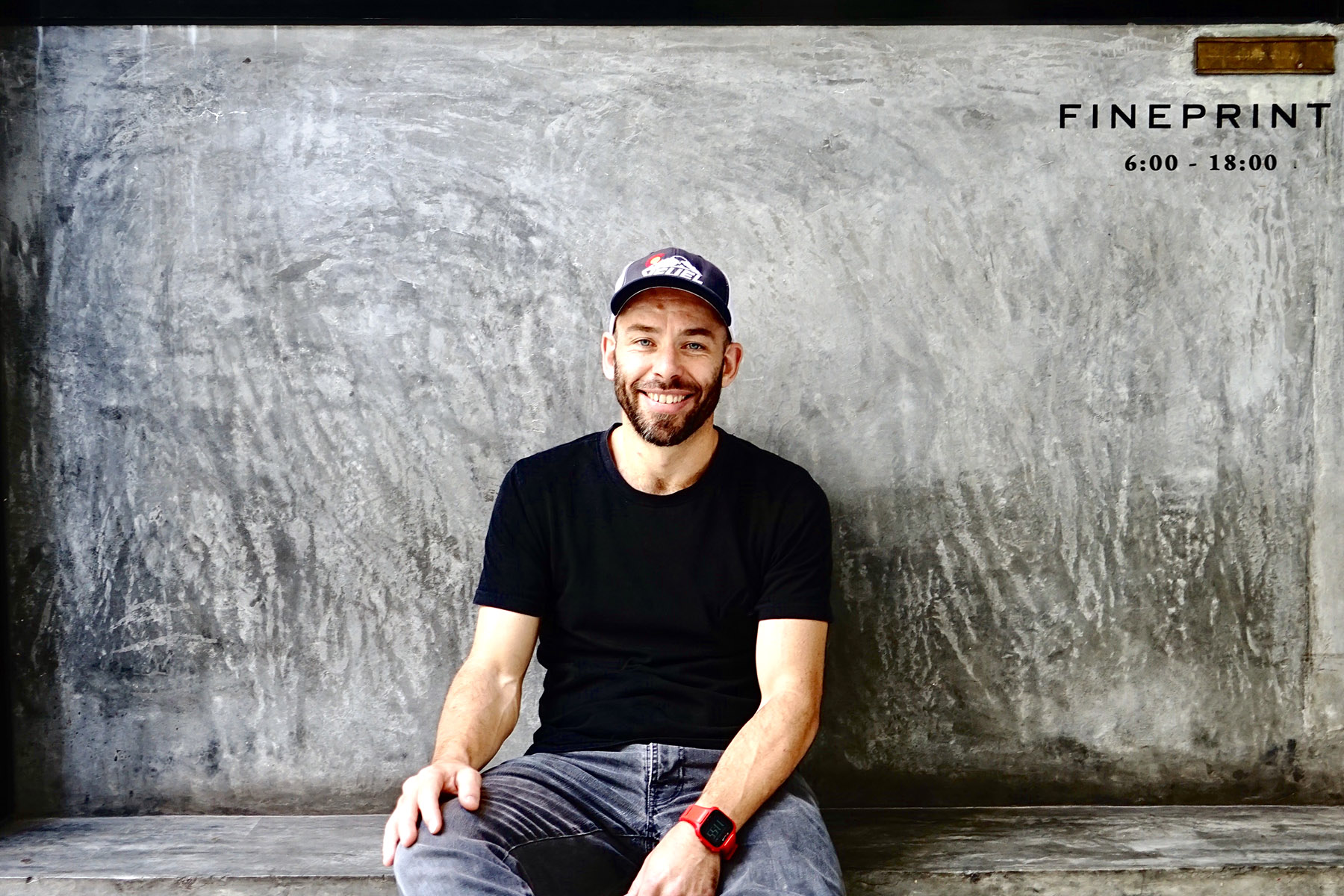
He provides an analogy to illustrate his point. “Traditionally, rugby wasn’t a popular sport here in Hong Kong, and we didn’t have a strong team. But being able to host and organize Rugby Sevens is what positioned Hong Kong on the global sporting map.
“In many countries, coffee is deeply rooted, and they have their own way of making it — from roast and unfiltered to espresso and boiled. Hong Kong, by contrast, doesn’t grow coffee and hasn’t clung to a single method. This flexibility is an asset,” Cheung says. “The new generation of coffee drinkers enjoys light roasts and experimental brews. Hong Kong may not have coffee traditions of its own, but that means it can blend old and new more freely.”
ALSO READ: Coffee space gives community a fresh buzz
From the business angle though, it’s an uphill struggle for most independent Hong Kong coffee shops. Besides rising rents, and roasting-related restrictions, they also have to deal with the disruption of supply chains caused by the recent geopolitical volatility. Also, the arrival of budget-friendly coffee chains — most notably Luckin Coffee, the largest chain on the Chinese mainland, which opened in five Hong Kong locations in December, and is offering new members their first cup of iced Americano for just HK$15.9 — means stiff competition for craft-driven independents.
And yet the aroma of possibility lingers, as Hong Kong’s specialty coffee shops serve as platforms for storytelling, fostering inclusivity and forging connections.


